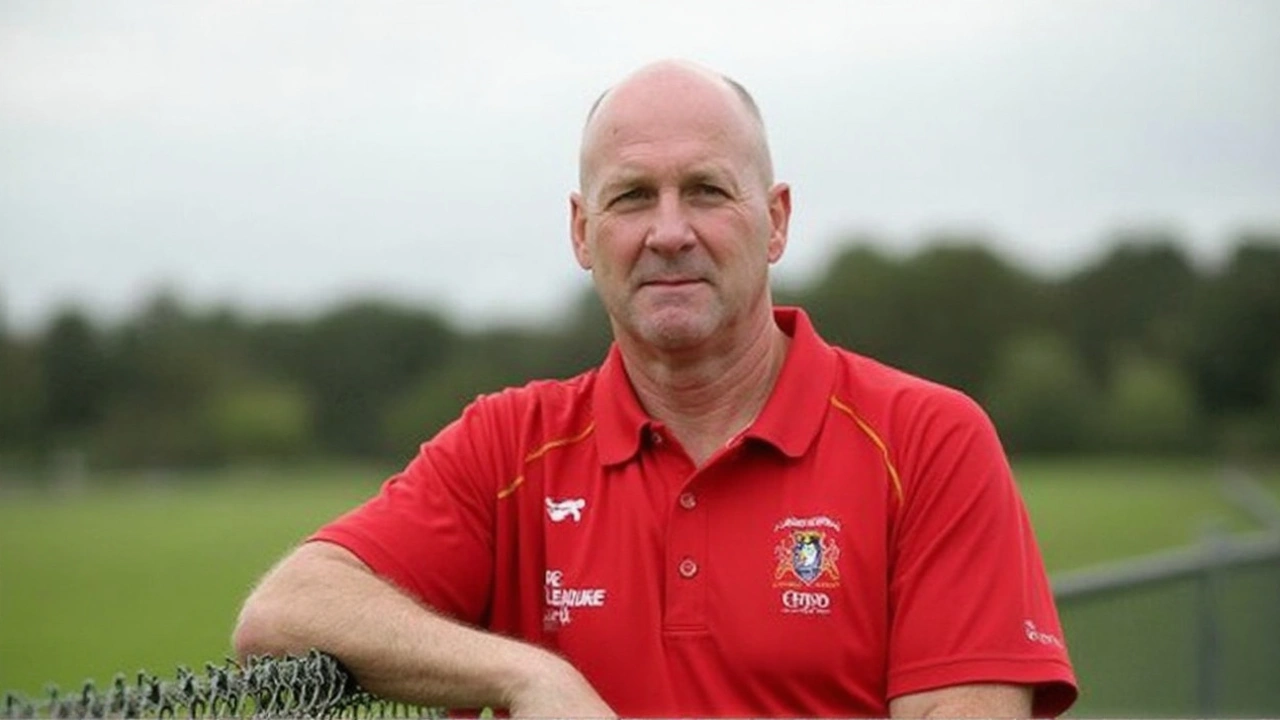The Making of a Rugby Strategist: Steve Tandy’s Early Days
Steve Tandy’s story in rugby isn’t your typical fairy tale. Before anyone started calling him a defensive mastermind, he was grinding out matches as a flanker, first for Neath RFC and then Ospreys. If you watched Welsh club rugby in the late '90s and early 2000s, Tandy was one of those players who didn't shy away from the dirty work. By the time he'd racked up over 100 appearances for Ospreys, you could already see the seeds of a future coach.
Coaching came naturally. At Bridgend RFC, Tandy quickly showed he was more than just an ex-player with a whistle. The real breakthrough arrived when Ospreys put him in charge. Leading them to a PRO12 title in 2011/12, Tandy built his reputation around defensive structure. Opponents knew any team under his guidance wouldn’t give up easy tries. He got players buying into shape, discipline, and intelligent systems—the sort of stuff that separates decent teams from contenders.
From Club to International: A New Kind of Defence Coach
By 2018, Tandy was ready to swap Wales for a new rugby culture. In Australia, the NSW Waratahs took him in as defence coach. He didn’t just tweak things; he rebooted the system and introduced the now-famous ‘blue wall’. Suddenly, a team known for leaky defence turned into a side that looked impossible to break down for long spells. You could actually see the changes—players trusting the system, making better reads, and getting comfortable in pressure situations.
That fresh approach did not go unnoticed. Scottish Rugby came calling in 2019, bringing Tandy on board as their chief defensive architect. On this stage, he oversaw some eye-catching moments—think back to the 2019 Rugby World Cup when Scotland kept Samoa and Russia pointless. That sort of result doesn’t happen without Steve Tandy’s fingerprints all over the planning board. It was all about organized aggression: relentless line speed, clear communication, and making every tackle count.
2021’s British & Irish Lions tour was a different beast. Lions tours are brutal pressure cookers, but Tandy thrived. Working alongside Warren Gatland, he tailored defensive structures to suit a group of players who didn’t usually line up together. He became known for more than just systems—he was the guy players listened to, the one who balanced trust and expectation. Ask anyone on that tour about the mood in the defensive huddle and Tandy’s influence is the first thing they’ll mention.
Beyond tactics, it’s his leadership style that stands out. He draws the line between individual responsibility and team unity, making it clear that every player has skin in the game. He doesn’t go for flashy speeches—just quiet authority and technical know-how. Players respond to that, and it’s why he’s been so effective at every level.
July 2025 is set to be another turning point. The Welsh Rugby Union didn’t just want another defence coach—they wanted a visionary. By tapping Tandy for head coach, they’re banking on his knack for building resilient teams. For Wales, this marks a bet on defence as the heart of their identity, but also on Tandy evolving from defensive guru to all-around leader. The goal? To turn Welsh rugby into a force that can handle the rough, unpredictable ride of international tournaments—and maybe even chase the silverware Welsh fans are hungry for.
